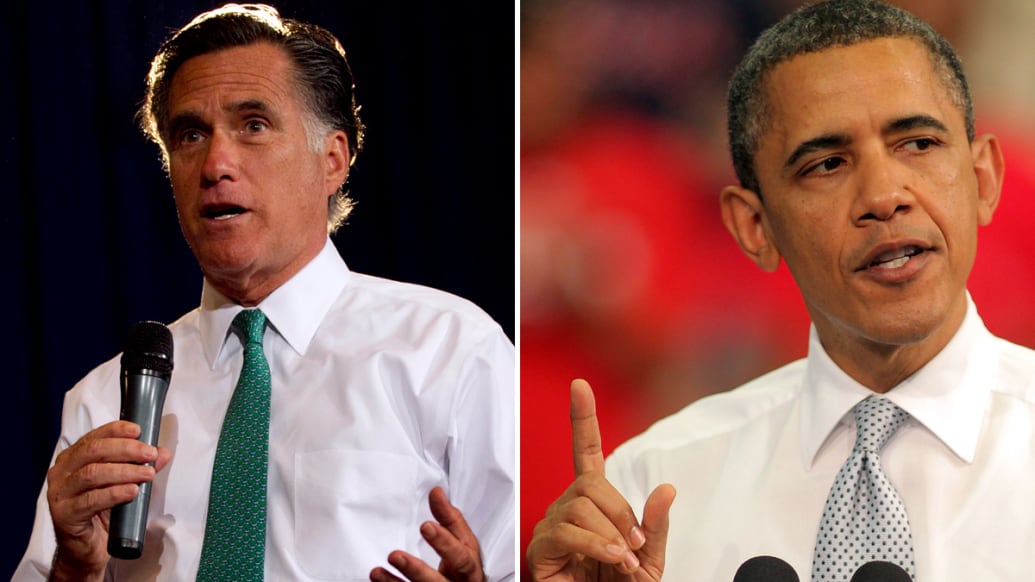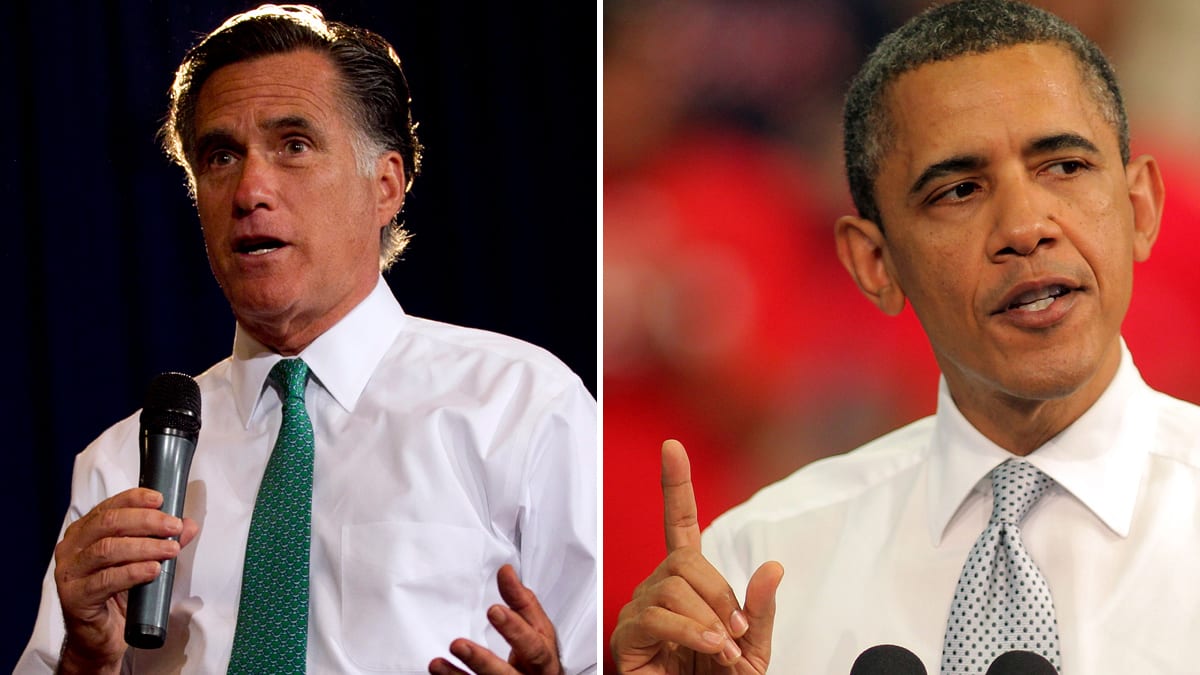So it would seem that President Obama and his family are experiencing downward mobility. The Obamas released their 2011 tax return today, and showed that they earned $789,674. That is a healthy income and places the president well in the top 1 percent of all earners in the United States. He and Michelle paid $162,000 in federal income tax, at a rate of just over 20 percent. That is less than what the president recently proposed as the minimum rate for the very affluent. In addition, the Obamas donated more than 20 percent of their income to various charities.
Yet Obama’s income in the past three years has been on steady downward trajectory, from more than $1.7 million in 2010, and more than $5.5 million in 2009. While Obama’s salary as president has been constant at $400,000 a year, his income from book sales has declined precipitously. The bestselling Dreams From My Father and The Audacity of Hope were the main contributors to the president’s wages in previous years and sales of those have slowed considerably. As his income has declined, so has the percentage he has paid in taxes. This year it was 20.5 percent, last year it was closer to 26 percent.
Obama’s income also pales in comparison to that of the presumptive nominee of the Republican Party, Mitt Romney, whose wealth has become a central feature of primary season and promises to be a constant issue during the campaign. The Romneys also paid a lower rate of tax than the Obamas, a fact that the Obama campaign is likely to highlight over the coming months.
These returns highlight that this campaign is between two rather wealthy men. That is not a given in American politics. American history is littered with men of modest means ascending to high office, and even in recent years, wealth has not been a prerequisite to power. Obama earns considerably more than Bill Clinton did before becoming president. In 1990, the Clintons earned gross income of $268,646, up from $197,651 in 1989, and they paid taxes of $50,932 in 1990 and $37,883 in 1989. Even adjusting for inflation, that is considerably less than the Obamas. George and Laura Bush reported comparable income to the Obamas in the late 1990s and early 2000s, but that was considerably more than Al and Tipper Gore earned in those years.

Granted, Obama came late to his affluence, and throughout the 1990s and into the early 2000s, he was solidly middle-class economically, though with an academic pedigree that was much more 1 percent than not. Obama is unusually candid about his new wealth and, in calling for the “Buffett Rule,” he uses himself as a prime example of someone who should be required to pay a larger percentage in taxes. It is surely no coincidence that just before the tax return was released, the White House home page installed a “Buffett Rule” calculator and featured it prominently.
For all the virtue of this transparency, some of it required and some voluntary, there is something a bit unseemly about using income statements as electoral weapons. You may not like how Romney acquired his wealth or what rates he pays, but there has been zero implication that he has done anything other than function within a perfectly legal and accepted framework. Obama has done the same, and while some may prefer book royalties as a source of wealth rather than private equity, you could assail the president for being a product of Ivy League privilege—and many adversaries did just that in 2008 and will do so again this year.
These attacks are cheap and easy. They play to chords of resentment and cast a veneer of illegitimacy over actions and lives lived honorably. Obama and Romney have earned more than most Americans will in a lifetime, and they highlight that “life is not fair” insofar as everyone does not enjoy the same education, income, or career trajectory. There have been more than a few men of wealth who have come by those gains in ill-begotten ways; there still are. That is not the case for Obama and Romney in this election. That should be the end of this particular story. There’s more than enough to debate, on substance and of merit, than dwell on the dueling tax returns of two dueling candidates.
